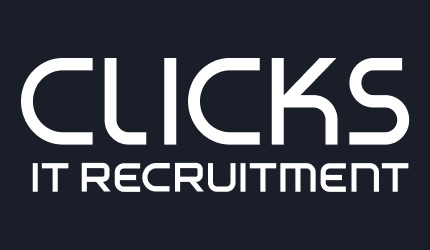I started in the recruitment industry in early 2000. I have recruited a diverse number of roles across a wide range of industries, placing thousands of people into jobs throughout my career. The challenges have varied from “the war on talent” through to the GFC. My experience tested and developed my resilience personally and the business resilience of many organisations I worked with.
Working in the recruitment industry for over 20 years, I’ve continued to see the business resilience of many organisations be tested. Those with strong business resilience have survived and even thrived, gaining a competitive edge.
So, what is business resilience? It is a measure of how an organisation responds and adapts following a major risk incident; protects its staff and business assets; and keeps operating in the new environment. Business resilience is becoming more sophisticated. It is often a strategic governance and risk management approach that integrates crisis management, business continuity, and disaster recovery specific to the organisation.
The risks we face these days are varied and broad. The challenges can include economic downturn, cybersecurity threats, and global health pandemics such SARS, MERS, and most recently COVID-19. History indicates we will continue to face risks and challenges. We need to be prepared to respond to anticipated risks and unexpected events.
It is not all doom and gloom. When resilience is tested, innovation can occur. Disney was created during the Great Depression. Airbnb and WhatsApp were created during the last GFC. I am sure many stories of innovation have and will continue to come out of COVID-19. One example is a European healthcare provider who deployed a new remote treatment system to thousands of patients in only ten days.
From my observations through the years, there’s a lot of similarities to building business resilience and how I think about managing my personal health. It comes down to prevention, protection, and preparation – these are all important.
Prevention
For me, investing in a good amount of sleep, exercise and a healthy diet is one of the ways I try to prevent to the onset of colds during winter.
Similarly, organisations can invest in employees – your greatest asset during good times and bad. The investment can range from training and development, on the job work opportunities and stretched goals to further existing skills and experience, to health and well-being programs. Investing in your staff to build resilience and skills will help them manage challenges resulting from major risk events and supports them to step into the demands of the new world.
As part of prevention, I also take care to manage my stressors. As we all know, stress can weaken our immunity and make us more susceptible to getting sick. In the workplace, one thing that can create stress is uncertainty. While positive interactions with peers and managers reduce stress. As such, organisations who can foster an open, transparent, and collaborative culture can help build a more positive and resilient workforce able to tackle challenges.
Protection
My fair skin does not respond well to the harsh Australian sun. I protect my skin by wearing sunscreen and a broad-brimmed hat (thankfully I am not providing fashion advice).
Organisations can protect themselves by investing in appropriate technology solutions that enable their operations run more efficiently and effectively. Investing in IT security systems and personnel to protect data and the organisation is also important to consider.
Preparation
Before winter I generally stock up on tissues and cough lozenges. I also make sure my bike tires are pumped, allowing me to make the most of the occasional sunny day. While it’s important to prepare for the bad times, remember to prepare for opportunities as well. I encourage organisations to have a clear plan on how to identify and make the most of opportunities in your sector.
Having the expertise and systems to create an effective business continuity plan and disaster recovery plans will also be important. This will enable your organisation to recover and quickly get back to operate.
I appreciate a global pandemic is challenging year for many organisations. For additional support please take a look at our Remote Workforce Resource Centre. Clicks has partnerships in place with Australia’s leading training organisations and can organise preferential pricing for you and your team.









